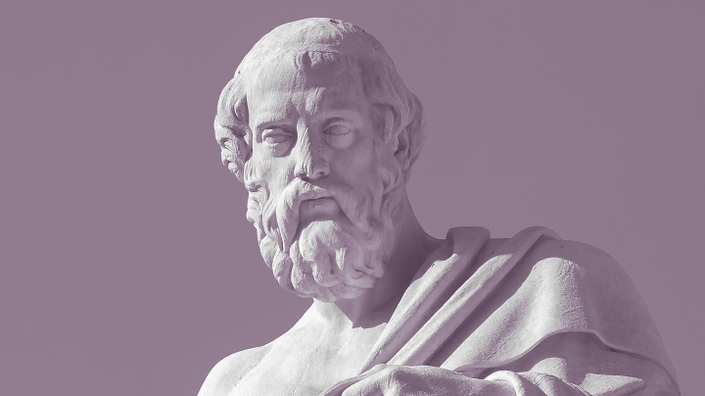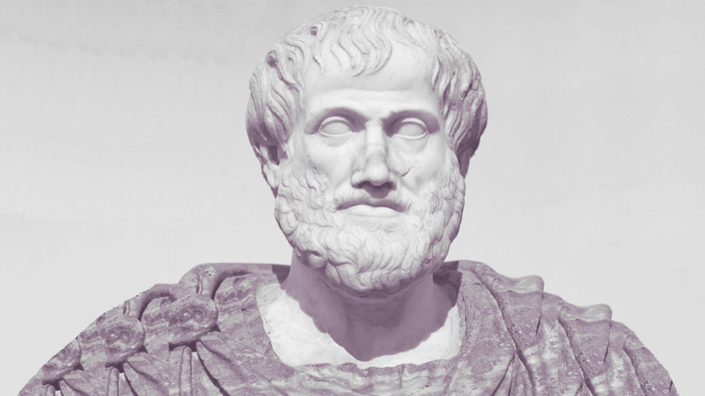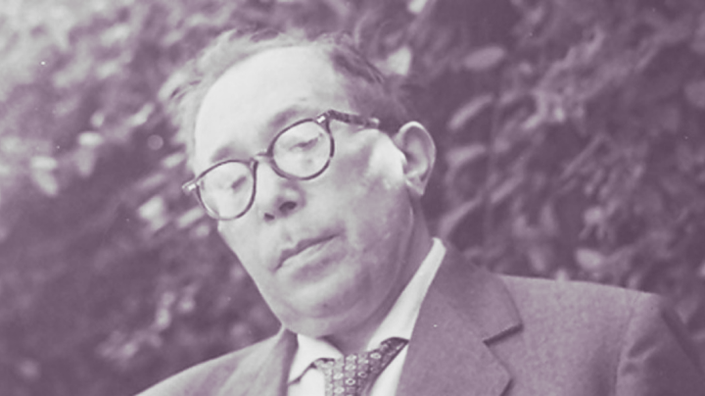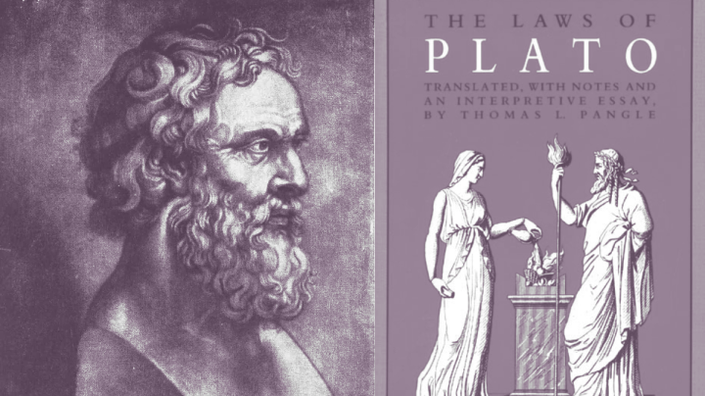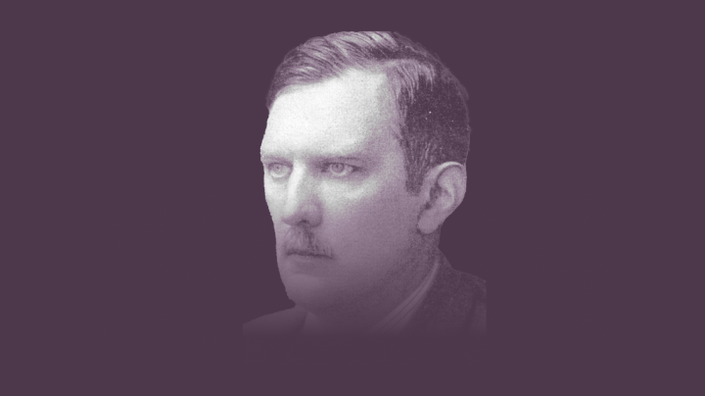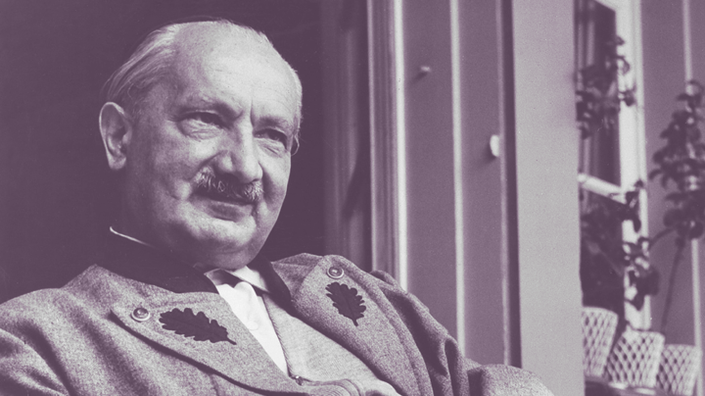Transcend the present, shape the future.
Foundations
New Releases
Michael’s enthusiasm for the real-world import of philosophy is immediately palpable, and his fluency expressing a wide range of material is rare.
—SASHA K.
OUR MISSION
Where are the Great Men of history?
Michael is one of the most erudite, thorough and bold voices teaching at the intersection of philosophy and political theory today.
—ALEX KASCHUTA

ABOUT MICHAEL
Philosophy, mysticism, music, markets, and more.
"Niche enough to be priceless to the right weirdos"


